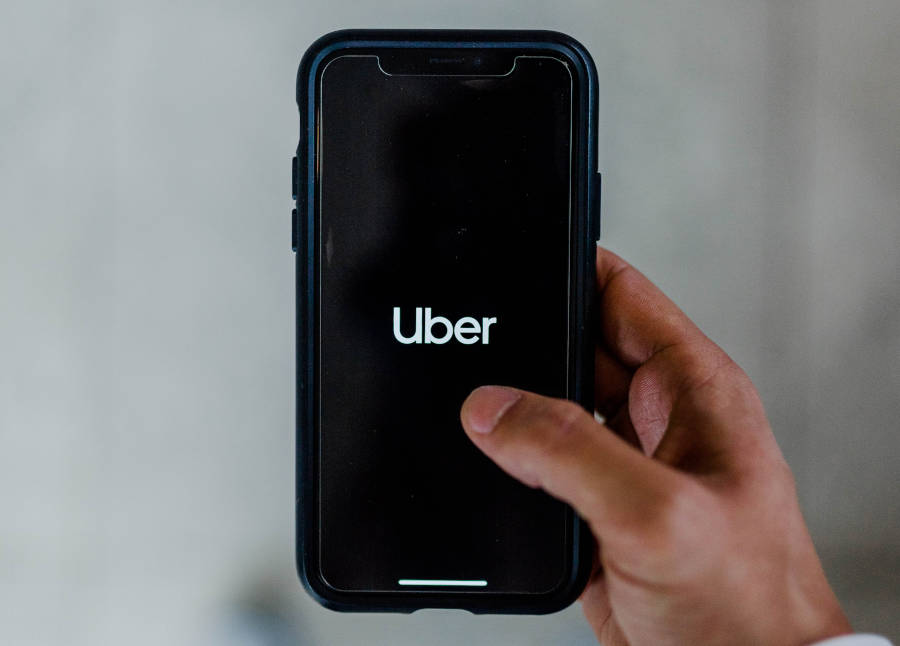
The risks involved when using workers who are falsely classified as self-employed are a reminder to exercise caution
What do a rugby player (1), a bicycle courier (2), Mister France (3), a lawyer (4), a professor (5), an abattoir butcher and an UBER driver have in common?
Working as “freelancers”, they ended up obtaining a court decision acknowledging their status as employees along with a significant compensation package. However, in spite of these cases which are regularly covered by the media, there is a growing tendency to rely on “freelancers” who are legally considered as self-employed (“auto-entrepreneur”). A new decision of the Paris Court of Appeal against UBER recalls its limits.
Here are the main points to be considered.
Material Assessment of “independence”.
As a logical follow up to the UBER ruling of 2020 (6), the judgement of May 12, 2021 (7) ordered ride-hailing platform UBER to pay over 48,000 euros to a driver who had worked for the company for less than two years. A service agreement must be reclassified as an employment contract if it does not fulfil the conditions for self-employment, i.e. the provider must have his own clientele and the freedom to decide on the rates he applies and to set the terms and conditions of the service (8). These conditions must effectively exist and be applied on a daily basis as the status of a self-employed worker does not depend on the parties’ expressed intention upon the completion of a contract, but rather on the actual conditions in which the activity is performed.
The triptych instructions/monitoring/sanctions as the Pillar of the employment contract.
Despite the evolution of the employment relationship, the criteria applied by courts have remained the same for the past 25 years: the employment contract differs from the self-employed relationship by the subordination link which is defined by the power to give instructions, to control the execution of these instructions and to sanction their non-compliance This framework (instructions/monitoring/sanctions) is applied even if the service provider freely organises himself. Hence, even if an UBER driver retains the possibility of refusing a client or cancelling a trip, for the judge, the reclassification as an employment contract applies as the platform establishes a recommended rate and can disable access to the application. Judges, therefore, consider that the company’s power to monitor and impose sanctions is established.
The freedom given to the driver to choose his working days or to work with competitors is not sufficient to confirm the status of self-employed since the French labour law , provides similar possibilities.. Hence, an employee may freely organise his work time according to the number of days of work per year stipulated in his contract and work for several employers in case of multiple job-holding and the absence of any exclusivity clause.
Significant stakes.
Using freelancers requires in-depth prior analysis as the reclassification as a salaried relationship exposes the user company to severe sanctions. Hence, the UBER driver was assigned severance pay, damages for not having been able to claim unemployment benefits, and the reimbursement of 38,000 euros of professional expenses. To that, other risks may be added, such as the payment of social charges on paid sums, compensation for overtime, and civil or criminal court liability for undeclared labour, etc.
The premises of a new type of employee status.
As critical as they may be, the UBER decisions have changed the rules of play by highlighting the limits of the binary independent/employee approach in the face of the growing need for secure independence triggered by new modes of collaboration. The Frouin Report (9) commissioned following this jurisprudence suggests an intermediary wage earner’s status, known as “protected independence” thanks to employment by third parties based on the umbrella company or employment cooperative models. This solution would allow workers access to unemployment benefits and advantages relative to employment whilst maintaining flexibility and autonomy and providing legal safeguards for user companies. A first step has been reached with the recent creation of an organism that represents platform workers (10) and the establishment of a monitoring body (11).
To be continued…
(1) Cass. soc., 28 Apr. 2011, n° 10-15.573 PB.
(2) Take Eat Easy decision (Soc. 28 Nov. 2018, n°17- 20.079).
(3) Cass. soc., 25 June 2013, n° 12-13.968 PB.
(4) Cass. 1st civ., 14 May 2009, n° 08-12.966.
(5) Cass. crim., 26 Nov. 2019, n° 19-80.516.
(6) Cass. soc., 4 March 2020, n° 19-13.316, PB.
(7) Paris Court of Appeal, Pole 6 – chamber 8, 12 May 2021, n° 18/02660.
(8) Explanatory note relative to decision n°374 of 4 March 2020 (19-13.316) (“Uber” decision).
(9) J-Y Froin, Regulating digital platforms in the workplace, Report to the Prime Minister 1 Dec. 2020, p. 4
(10) Ordinance n° 2021-487 of 21 April 2021.
(11) ARPE (Authority for labour relations for employment platforms).





